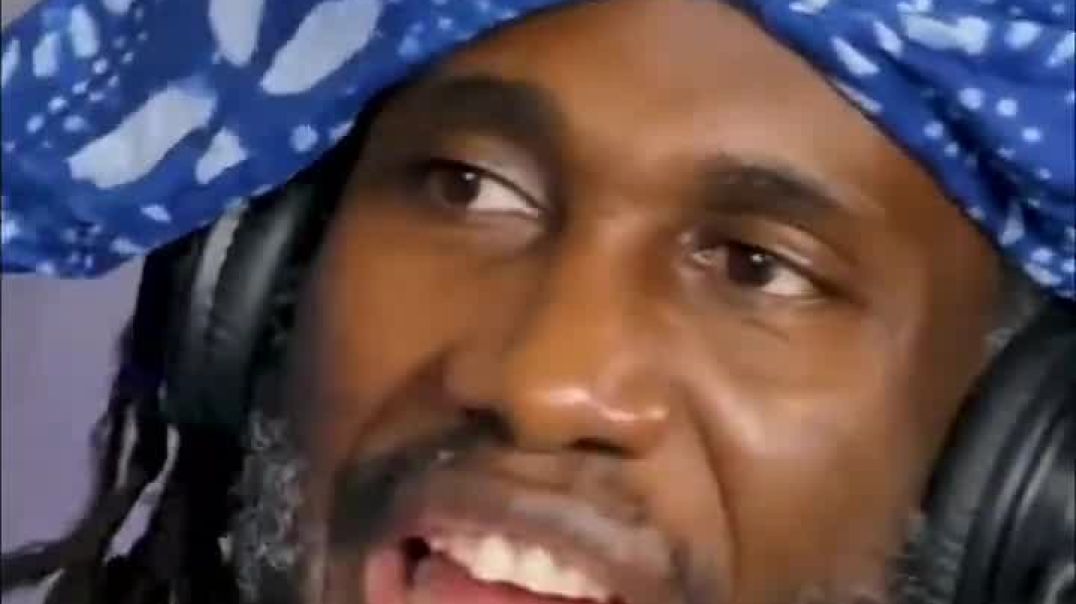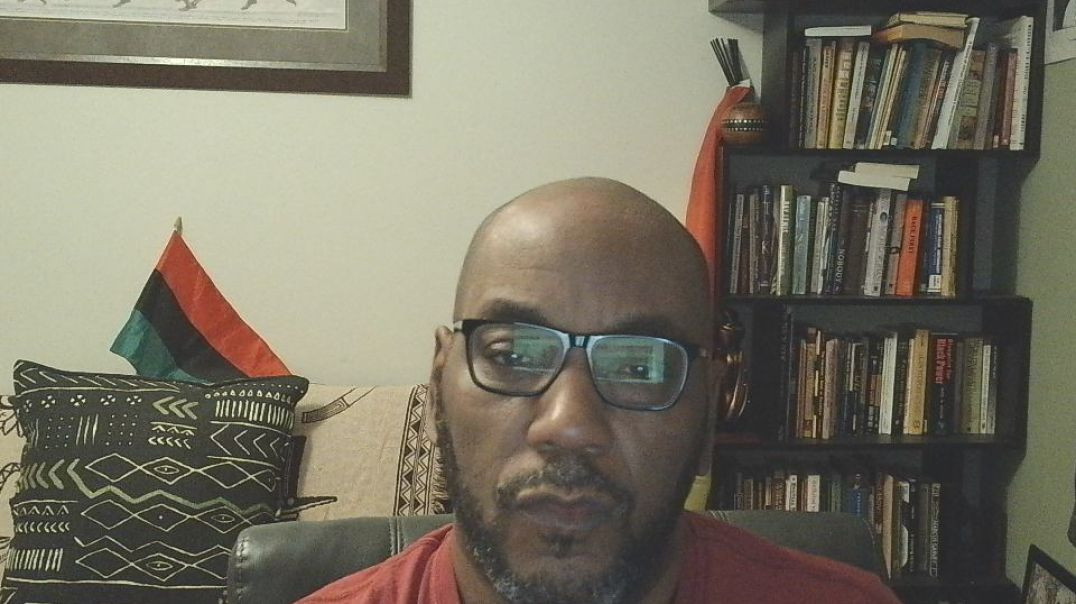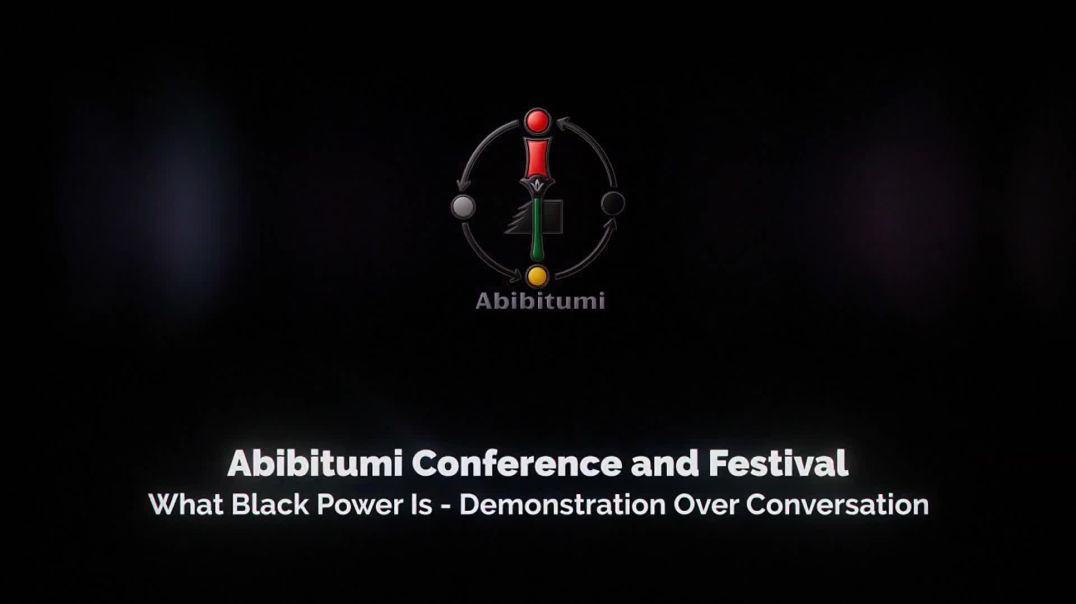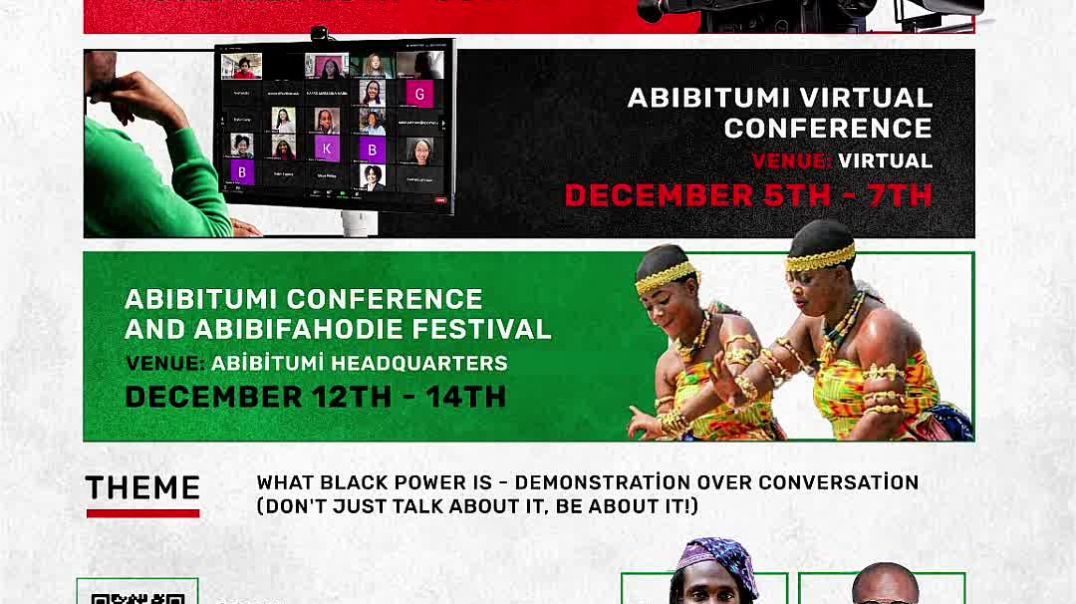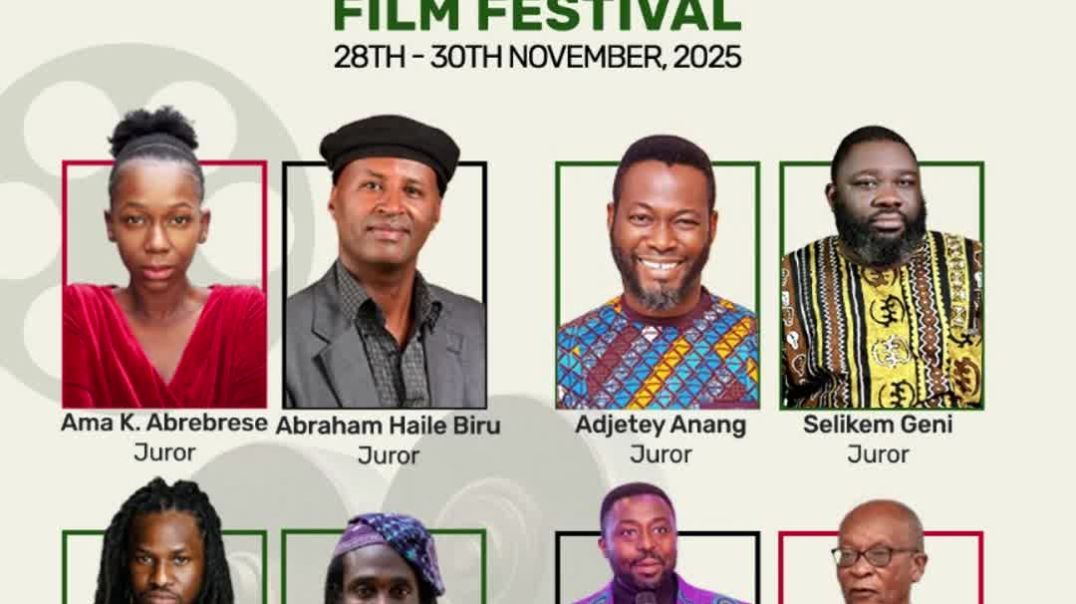- General Videos
- Music
- Economics
- Health
- Travel & Events
- History
- Psychology
- Spirituality
- Movies
- News & Politics
- Kmtyw Combat Sciences
- Ɔbenfo Ọbádélé Kambon Videos
- Ɔbenfoɔ Kamau Kambon: Black Liberation Philosophy
- Science, Tech, Engineering and Math
- Permaculture
- Self-Sustainability
- Living Off Grid
- Yoruba Language Learning
- Education
- Mmɔfra Adesua
- Nana Kamau Kambon Playlist
- Livestream
- Komplementarity Kouples and Revolutionary Singles
- Abibitumi Film Series
- Decade of Our Repatriation
- Live
Cote d'Ivoire Partial Justice - People & Power | 26 Jan 2017
In 2011 Cote d'Ivoire - or Ivory Coast as it is known in the english speaking world - was torn apart by inter-community violence that broke out between supporters of newly elected President Ouattara and his predecessor Laurent Gbagbo. It was the latest round in a bitter ethnic struggle that had wrought havoc in this former French colony for a decade. Three thousand people were killed; more than a million, from both side, were displaced.
The fighting was only brought to an end with the help of French and UN troops who intervened on Ouattara's side. Today the government says its aim is to lay these tensions to rest and return to the peace and stability that once made Cote D'Ivoire one of the most prosperous nations in West Africa.
But although violence has indeed diminished abd the country is enjoying a degree of economic success, dangerous ethnic and political rivalries still simmer. Last years saw protests over constitutional reforms aimed at preventing the exclusion of presidential candidates based on their ethnicity, and in January a pay dispute involving the army broke out into a short lived mutiny.
The country's former president Laurent Gbagbo, who still commands support in parts of the country, is currently on trial at the International Criminal Court for crimes allegedly committed before and during the election conflict six years ago. But while Gbagbo faces justice at the Hague and some of his followers have been already been jailed back home, it seems that no Ouattara followers have yet been prosecuted.
People & Power sent filmmaker Victoria Baux to the west of the country where pro-Gbagbo communities were savagely targeted by pro-Ouattara forces during the violence of 2011.
We wanted to find out why the government's promises to provide impartial justice to the victims hadn't yet been kept. We also wanted to investigate disturbing claims about ethnic attacks that took place well after President Ouattara came to power - events that, it's been alleged, were witnessed by UN peacekeeping troops who failed to intervene.
- Subscribe to our channel: http://aje.io/AJSubscribe
- Follow us on Twitter: https://twitter.com/AJEnglish
- Find us on Facebook: https://www.facebook.com/aljazeera
- Check our website: http://www.aljazeera.com/
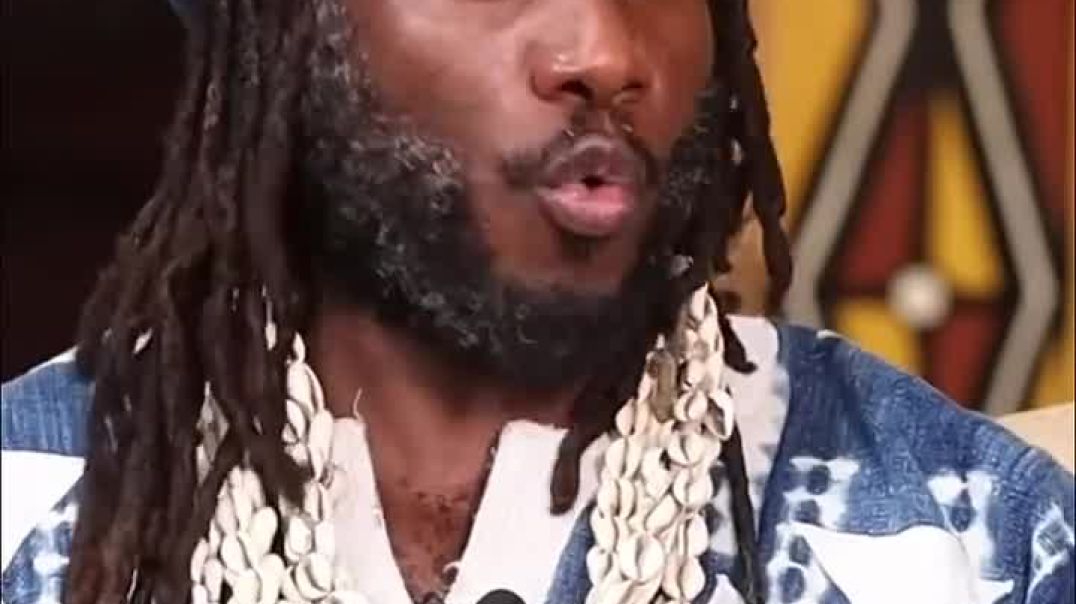
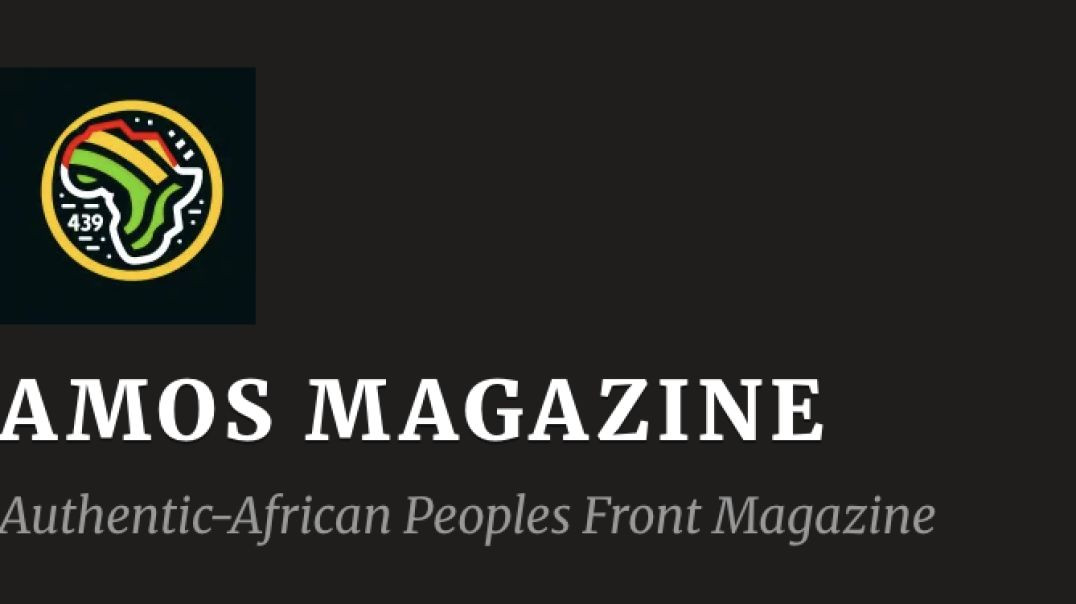
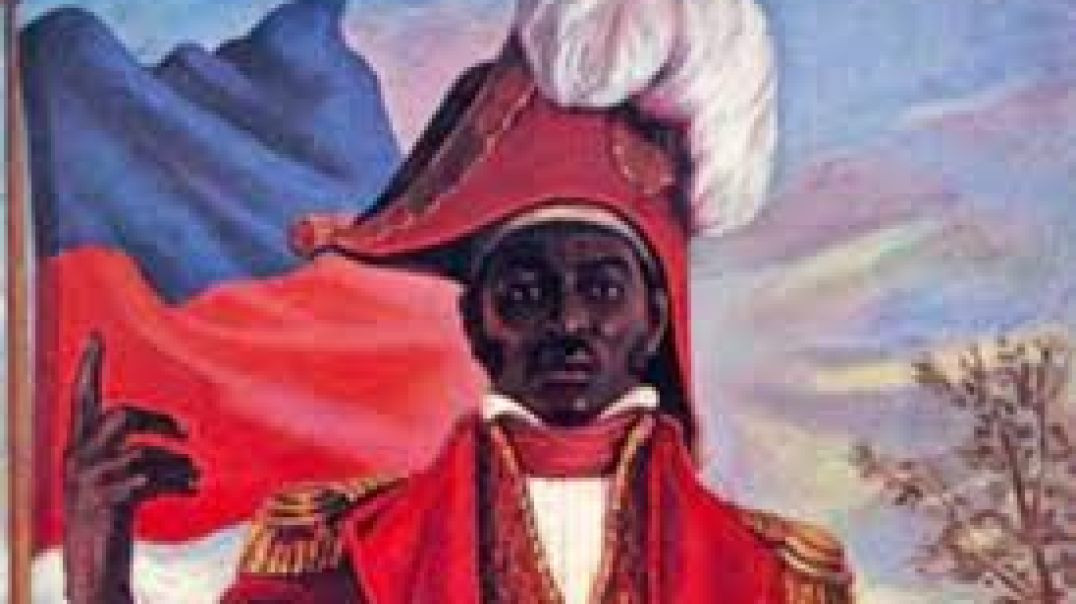
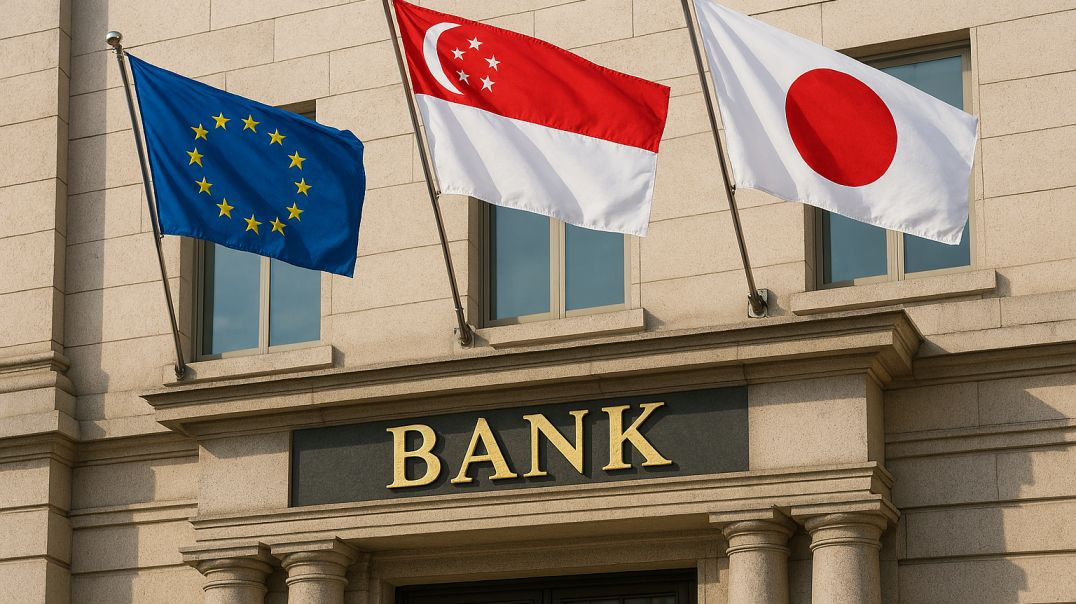
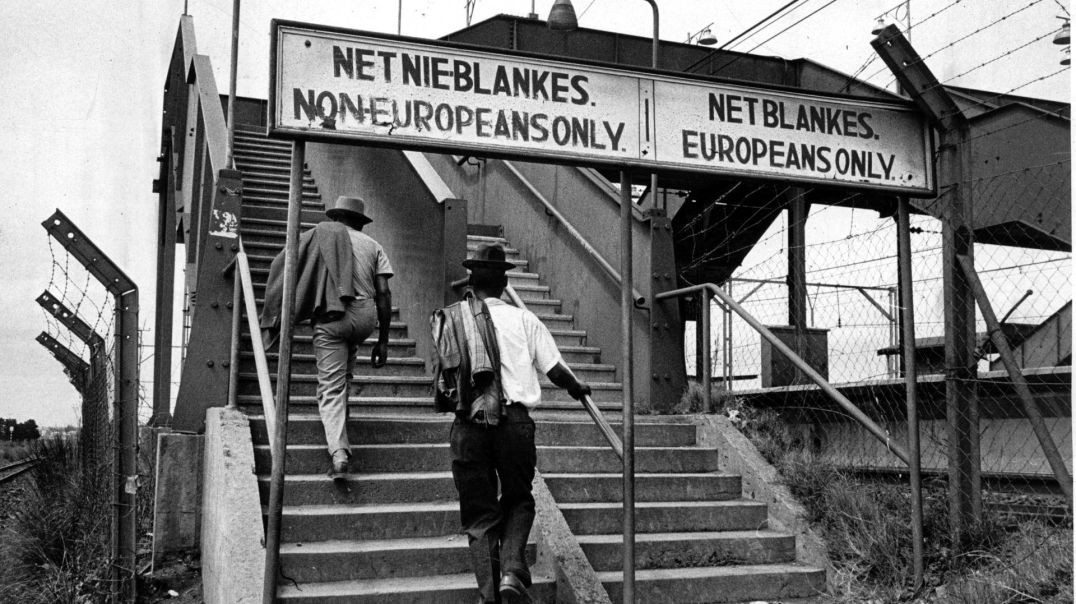
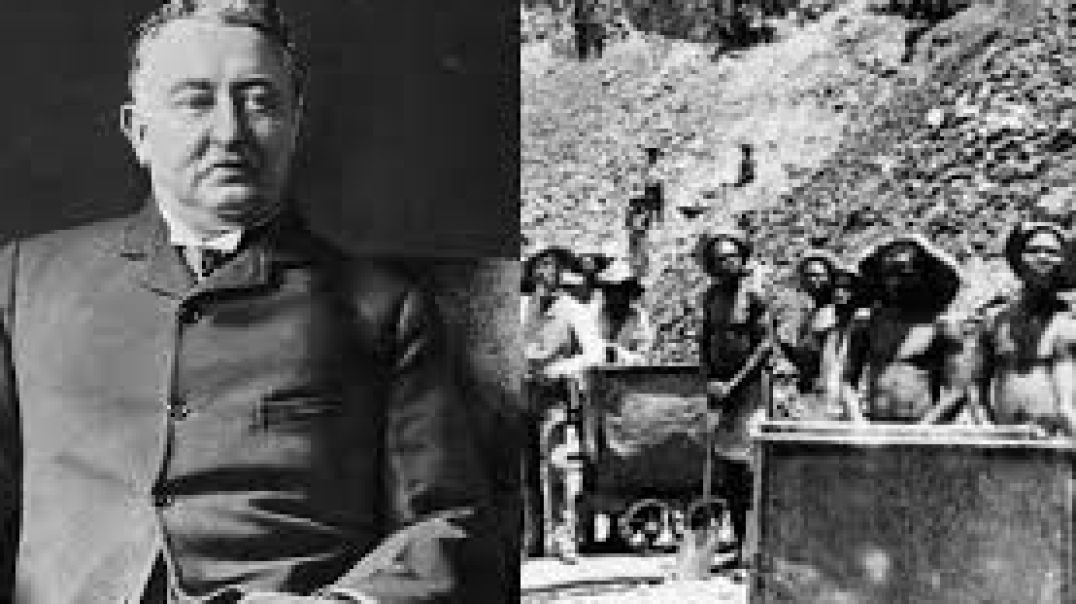

![Terra D Governor - Black Power (Offical Music Video) "2020 Soca" [HD]](https://i.ytimg.com/vi/45JYRvVZofI/maxresdefault.jpg)

